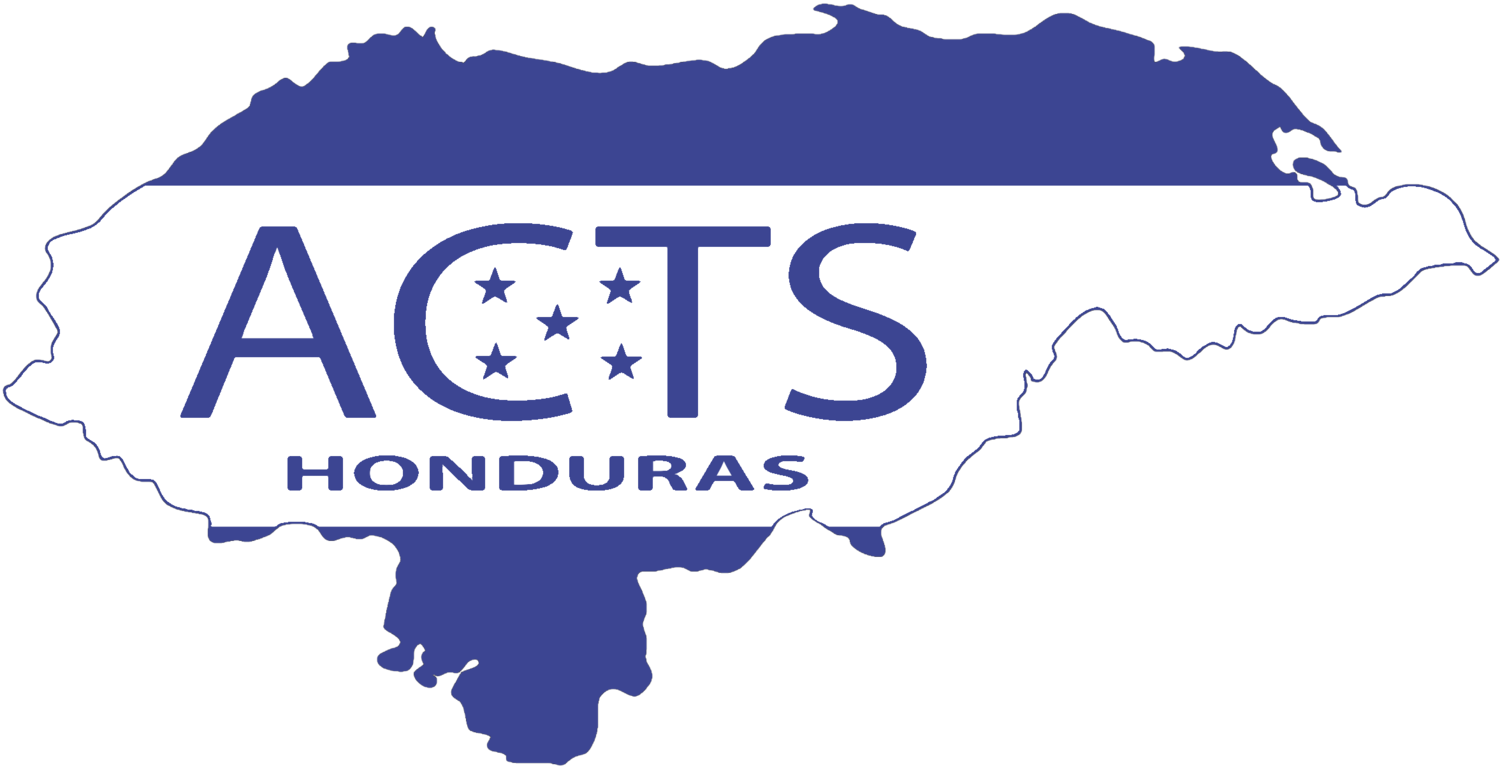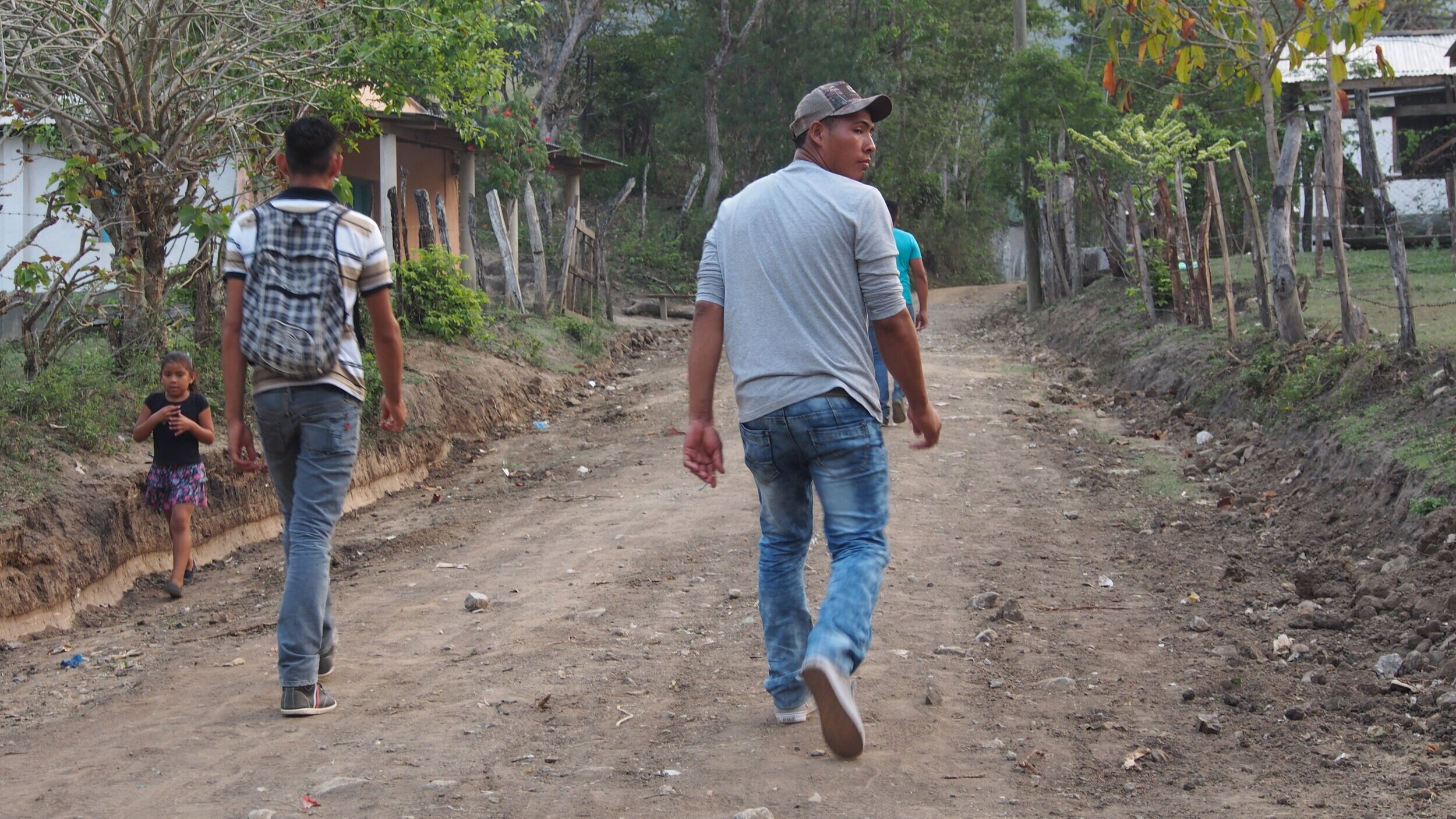Honduras’ past, present, and future
One of the poorest countries in the Western Hemisphere
Honduras is classified by the world bank as a low- or middle-income country.
Roughly the size of Tennessee, the nation has a population of approximately 8.5 million people. It is a multi-ethnic country of Mestizo (Spanish and Indian, 90%) Amerindian (7%), Black (2%) and White (1%).
Much of the land is owned by multi-national corporations or wealthy individuals. Its principal industries and exports are sugar, coffee, textiles, clothing and wood products.
The economy in recent years has experienced slow growth, while the distribution of wealth is polarized, with more than 50% of the population living below the poverty line.
In addition, human development outcomes in the country are among the lowest in Latin America and the Caribbean. For example, according to the World Bank's Human Capital Index, a child born in Honduras will be almost half (48 percent) as productive when he or she grows up as he or she could be if fully educated and healthy. This is lower than the average for the Latin American and Caribbean region, which is 56 percent.
Instability from weather, drug violence, and politics
For a period of over one hundred and twenty years, the Honduran government – now a democratic constitutional republic – was racked by instability and outside intervention. In the 1980s, Honduras became the hub of U.S. involvement in proxy wars against insurgents in Nicaragua, El Salvador and Guatemala.
In 1998, Hurricane Mitch destroyed much of the country’s infrastructure. More recently, violence and corruption driven by the demand for illicit drugs in the U.S. has grown to become a major threat to stability, as well as a major impediment to progress in economic and social development.
Despite all of this, the people of Honduras remain industrious, family oriented and convinced that their future is more promising than their past.
The Locomapa region is remote and has been poorly served
ACTS has been working in the mountainous region of Locomapa in the Department of Yoro for more than 38 years. Villages are remote, with some only within reach by foot, motorcycle, or on horseback.
Some of the communities are indigenous, and these are often the poorest. Land is held by tribal leadership and often, fertile land is controlled centrally.
While subsistence farming of corn and beans is the livelihood for most people, the economy of some of the indigenous villages is based entirely on the production and sale of charcoal. This is a very dangerous activity involving contact with smoky fires over days and children are often injured. Honduras is a deforested country and indigenous families walk for days to get to locations with wood to harvest. Once cut and processed, the wood chunks that are made into charcoal are hand-carried over miles by parents and children to meet a buyer with a truck. These people are often the poorest of the poor.
Improvements in El Rosario
ACTS began working with the village of El Rosario in 1986. At that time, the community was very poor. Farming practices were primitive, access to medical care was difficult, potable water was not readily available, and educational opportunities were extremely limited.
Today, El Rosario and the surrounding communities are having modest growth as Hondurans seek what they call “tranquil” settings. The primary occupation is subsistence farming and the economy goes up and down in relation to the productivity of corn and bean crops. And the productivity goes up and down related to the weather. Without rain, nothing will grow. With too much rain, seeds, plants, and soil wash away in fierce storms leaving devastating consequences for families counting on the crops for food and, potentially, some profit from selling excess production. ACTS supports farming families in times of disasters with new seeds and immediate food for consumption. To mitigate future damage from rains and improve production, ACTS is helping the farming leadership to learn about and implement regenerative agriculture that will improve soils.
At the center of El Rosario is the Joyce Baker Clinic with its full-time nurse, part-time physician, and part-time dentist. The pharmacy stocks standard pharmaceuticals and special medications for patients with serious illnesses. The Clinic is managed by a local Clinic Committee that works closely with ACTS Health Committee, which provides salary support for the clinicians.
Other thriving ACTS-supported activities include the regional high school, elementary school in El Rosario and 12 other communities, a public library, free English and computer classes, and targeted education for farmers.
The surrounding villages
Other villages in Locomapa – witnessing the progress in El Rosario – have expressed interest in moving forward as well. Today, ACTS and our partners are engaged with about thirteen villages, and that number continues to grow.
Some of these communities are as poor (or are poorer) than El Rosario was thirty years ago. The leaders of El Rosario are now training leaders in these communities such that the impact of our efforts can be seen in a larger and larger region.
The needs are many: better access to health and education, better housing, better sanitary conditions, and better agricultural practices, among others. But the willingness of the villagers to work hard for a better future is unlimited.





